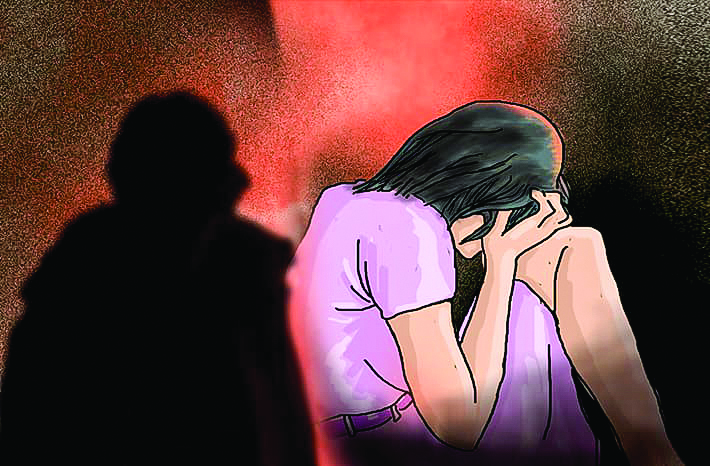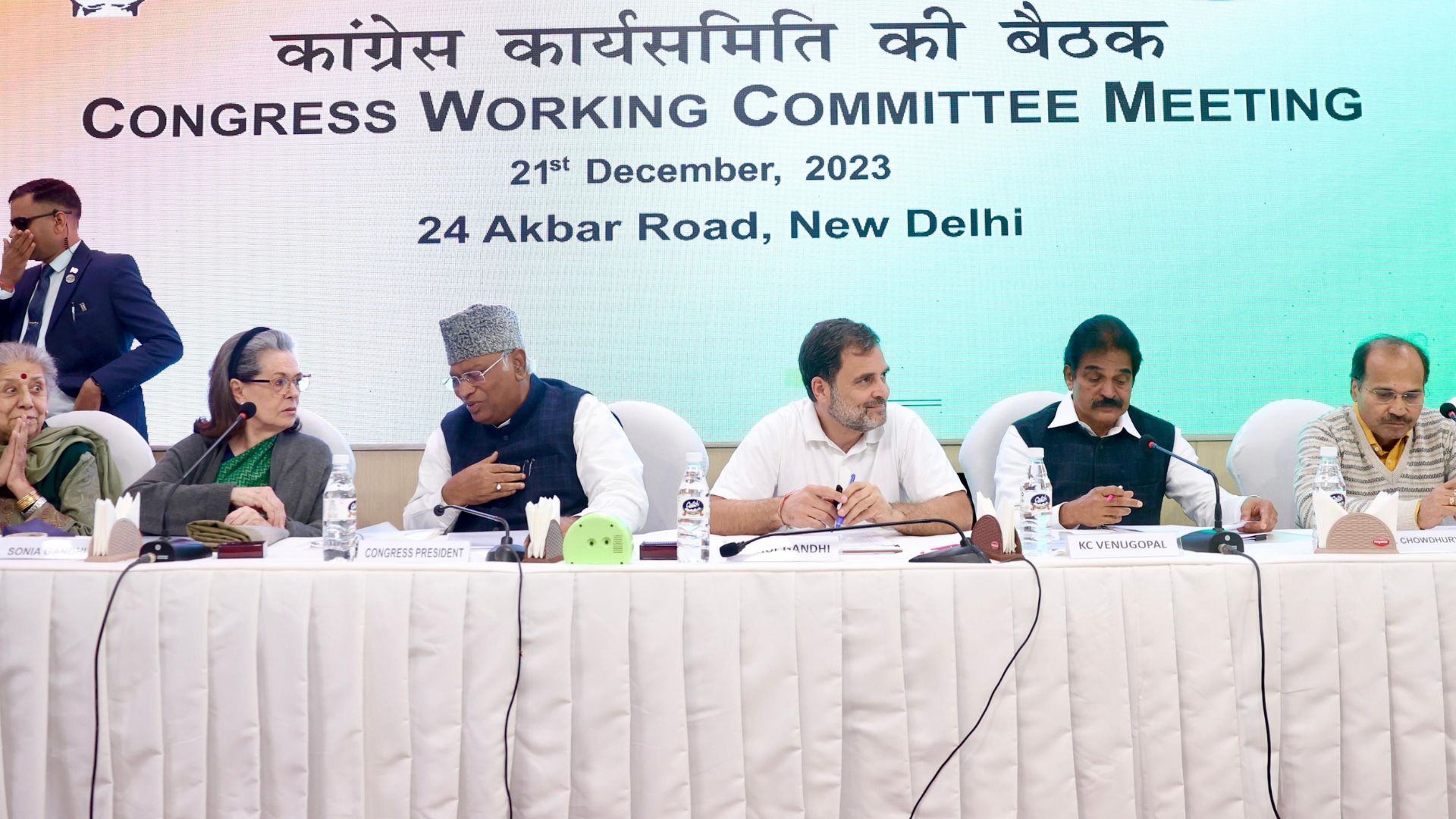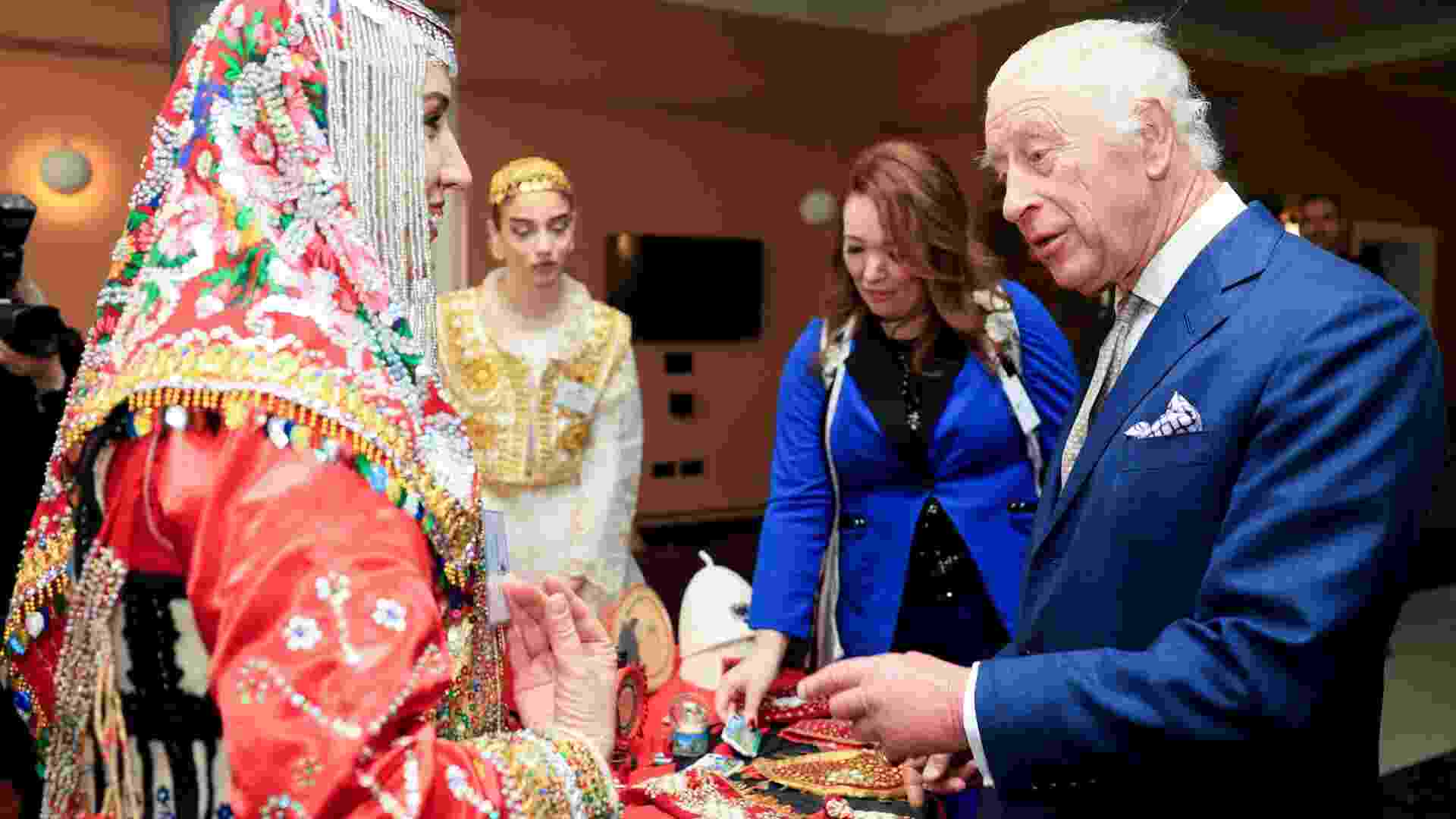A 31-year-old female trainee doctor at Kolkata’s RG Kar Medical College retired to sleep in a seminar hall after a gruelling shift in the early hours of a Friday morning. It was the last time she was seen alive.
The following morning, her colleagues made a horrifying discovery: her half-naked body on the podium, bearing extensive injuries. Police later arrested a hospital volunteer worker in connection with what they describe as a case of rape and murder at the 138-year-old institution.
This tragic incident has reignited discussions about the safety of healthcare workers in India, particularly women. As enraged doctors across the country went on strike demanding better protection, the case has exposed the deep-rooted vulnerabilities plaguing the medical profession.
A System Under Strain
At RG Kar Hospital, which sees over 3,500 patients daily, overworked trainee doctors—some working up to 36 hours straight—had no designated restrooms. This forced them to seek rest in a third-floor seminar room, a situation that proved fatal for the young doctor.
Hospital doctors’ experiences highlight female doctors’ grim reality in India’s government hospitals. There are no designated restrooms or separate toilets for female doctors. Some of them might even sleep in an empty patient bed in the ward or a cramped waiting room with a bed and basin.
In a twist of bitter irony, those dedicated to saving lives find themselves fighting for their own safety in the very institutions meant to heal.
Women in Medicine: Progress and Peril
The face of Indian medicine, as claimed by the might of Government Statistics, is changing rapidly.
The National Medical Commission’s 2023 data shows women now make up 42% of registered medical practitioners, up from 35% in 2019. In nursing, women comprise nearly 90% of the workforce, according to the Indian Nursing Council’s latest report.
However, this progress is eclipsed by escalating safety concerns.
The National Crime Records Bureau’s 2023 report indicates a 7.6% increase in crimes against women in healthcare, with 25% involving severe violence, including sexual assault.
Recent incidents highlight this alarming trend. In March 2023, Dr. Priya Mishra, a Delhi hospital resident, was assaulted by a deceased patient’s relatives, suffering a fractured arm and facial injuries. In November, Dr. Sanjana Patil, a Pune gynecologist, endured a six-hour hostage situation by a disgruntled patient’s family.
These aren’t isolated cases. An Indian Medical Association survey in early 2024 revealed that 68% of female doctors experienced workplace violence or harassment in the past year, with 30% feeling unsafe during night shifts. In a cruel twist of fate, as women break glass ceilings in medicine, they find themselves trapped in hospitals of horrors – healing others while their own safety hangs by a thread.
One can’t help but wonder: in a profession dedicated to preserving life, why are we failing to safeguard the lives of those who serve it? And what does this say about our society’s true valuation of women’s contributions to healthcare?
A Culture of Fear for Women in India
The RG Kar Medical College incident epitomizes a pervasive culture of fear among women in India’s professional landscape, particularly in healthcare. Female doctors navigate a minefield of threats daily – from poorly lit hospital corridors to confrontations with aggressive patients.
Many resort to extreme safety measures, even bringing family members to overnight shifts.
In rural areas, the situation is dire. Female doctors in remote health centres face isolation and vulnerability, influencing career choices and exacerbating the rural healthcare divide. This fear reflects broader societal issues, persisting despite laws like the Sexual Harassment of Women at Workplace Act of 2013. The National Commission for Women reports a steady rise in workplace harassment complaints, with healthcare prominently featured.
A System in Need of Reform
India’s healthcare system suffers from systemic failures at multiple levels. The absence of a comprehensive federal law protecting healthcare workers and ineffective state legislation leaves medical professionals vulnerable. Healthcare’s status as a state subject under the Indian Constitution results in fragmented policies and implementation across the country.
Political factors complicate matters further. The government’s 2022 directive for enhanced hospital security remains unimplemented mainly due to budget constraints and a lack of political will. The intersection of gender politics and healthcare policy adds another layer of complexity, with women’s concerns often sidelined in policy discussions.
Urgent reforms needed include:
1. Robust federal legislation for healthcare worker protection
2. Mandatory safety audits and infrastructure upgrades in healthcare facilities
3. Integration of violence prevention acts in medical education
4. Fast-track courts for cases against healthcare workers
5. Increased healthcare spending, particularly on safety measures
6. A national database tracking incidents of violence against medical professionals
The medical community’s outcry following the Kolkata incident presents a critical juncture for political leadership to move beyond rhetoric. The health of India’s healthcare system – and its population – depends on creating a fear-free environment for those who heal.
Shruti Kaushik is a Branding Expert, Author, Startup Evangelist, Investor.







